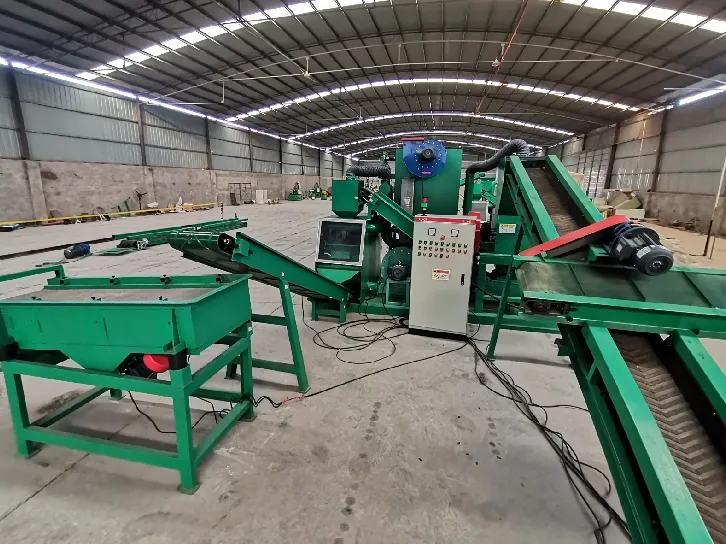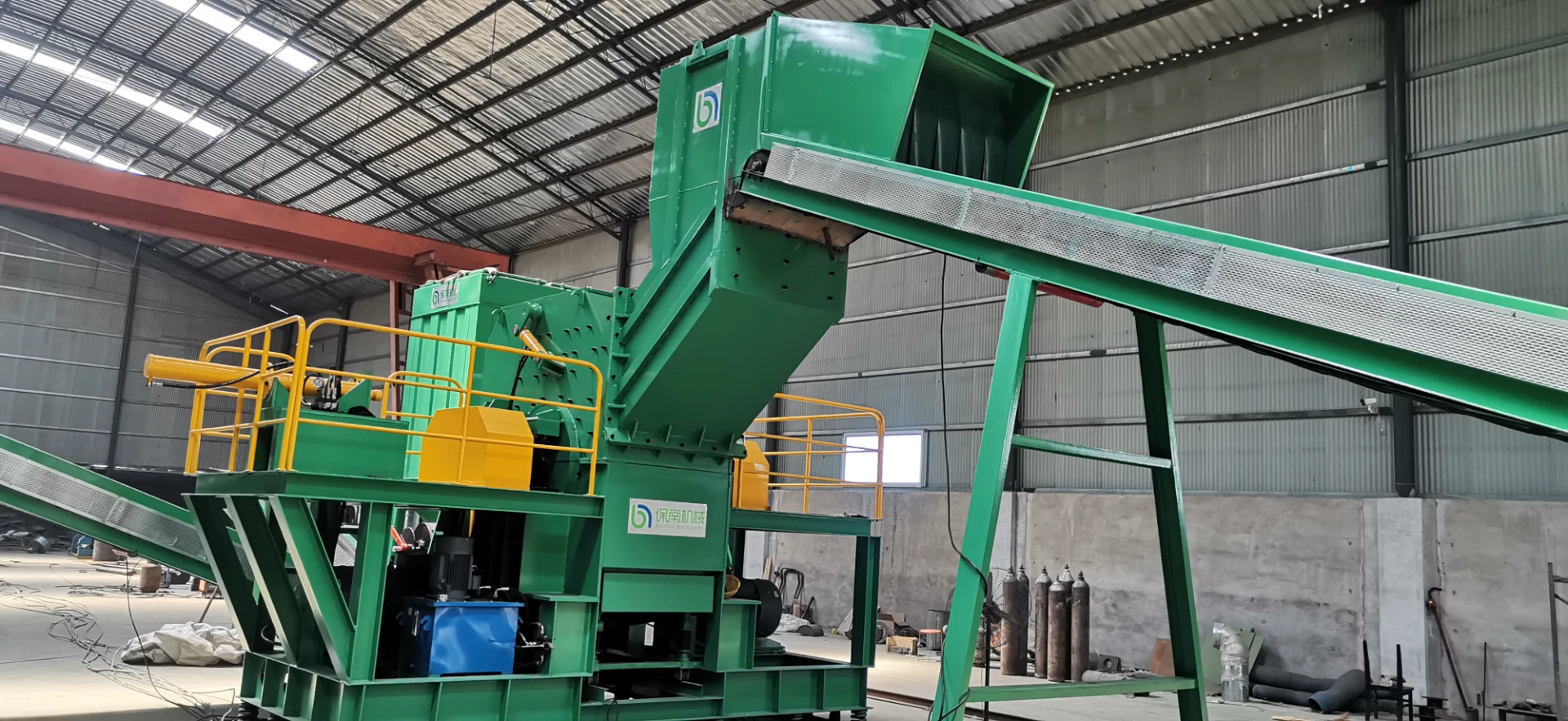Disposing of an old TV can be a bit of a conundrum, especially when you consider the various ecological and safety factors involved. Electronics, including televisions, contain numerous components that are not only potentially hazardous but also recyclable. Handling their disposal responsibly ensures we contribute to environmental conservation while adhering to legal regulations.

Before considering disposal, assess whether your old TV is still functioning. If it is, donating or selling it could be the best course of action. Many charities and community organizations gladly accept working electronics for redistribution to those in need. This not only extends the life of the TV but also minimizes electronic waste.
For TVs that are past their prime, recycling is a commendable option. Many electronic manufacturers and large retailers offer recycling programs that allow consumers to return their used electronics for safe recycling. Companies like Best Buy and Staples have established nationwide initiatives to handle electronic waste appropriately, ensuring that valuable materials are recovered and harmful substances are safely disposed of. Utilizing these programs supports a circular economy and reduces the need for raw material extraction.

Additionally, city municipalities often host e-waste drop-off events, giving residents the opportunity to dispose of old TVs and other electronics safely. Some regions have designated days where collection centers specifically handle electronic waste. It's worth checking your local government's website for any scheduled events or specific drop-off locations.
If these options aren't viable, contacting a certified e-waste recycler is another smart choice. Certified recyclers adhere to stringent international standards, ensuring that your old TV is dismantled and its components processed responsibly. Organizations like e-Stewards and Responsible Recycling (R2) provide directories of certified recyclers, ensuring you find facilities that comply with eco-friendly practices.
how do you dispose of old tvs
Incorrect disposal of TVs, such as leaving them curbside or in general trash, poses numerous risks. Televisions, especially older models like CRTs, contain heavy metals such as lead, mercury, and other toxic substances that can leach into the environment, contaminating soil and groundwater. Consequently, many regions have legislation that mandates recycling or proper e-waste disposal.
For those seeking convenience, some companies offer door-to-door pickup services for electronics recycling. While this often comes with a fee, the convenience can save time and ensure your device is handled properly. Services vary by location, but a quick search online can yield several options tailored to residential needs.
In scenarios where none of these solutions suit your circumstances, repurposing the old TV might be worth considering. Some creative individuals have transformed TV shells into aquariums, bookshelves, or even retro-style furniture. While not a traditional disposal method, upcycling can turn an otherwise obsolete item into a conversation piece, reducing waste through ingenuity.
Finally, as technology continues to evolve rapidly, preventive steps can mitigate future disposal headaches. Opt for products that prioritize sustainability, evidenced by Energy Star ratings or manufacturers with strong environmental commitments. Proper maintenance of electronic devices can also prolong their lifespan, reducing the frequency of disposal.
Understanding the importance of responsible TV disposal is crucial in today’s eco-conscious world. By exploring these avenues, you can ensure your old TV is dealt with in a manner that’s safe, legal, and environmentally friendly—setting a precedent for responsible consumer behavior.


